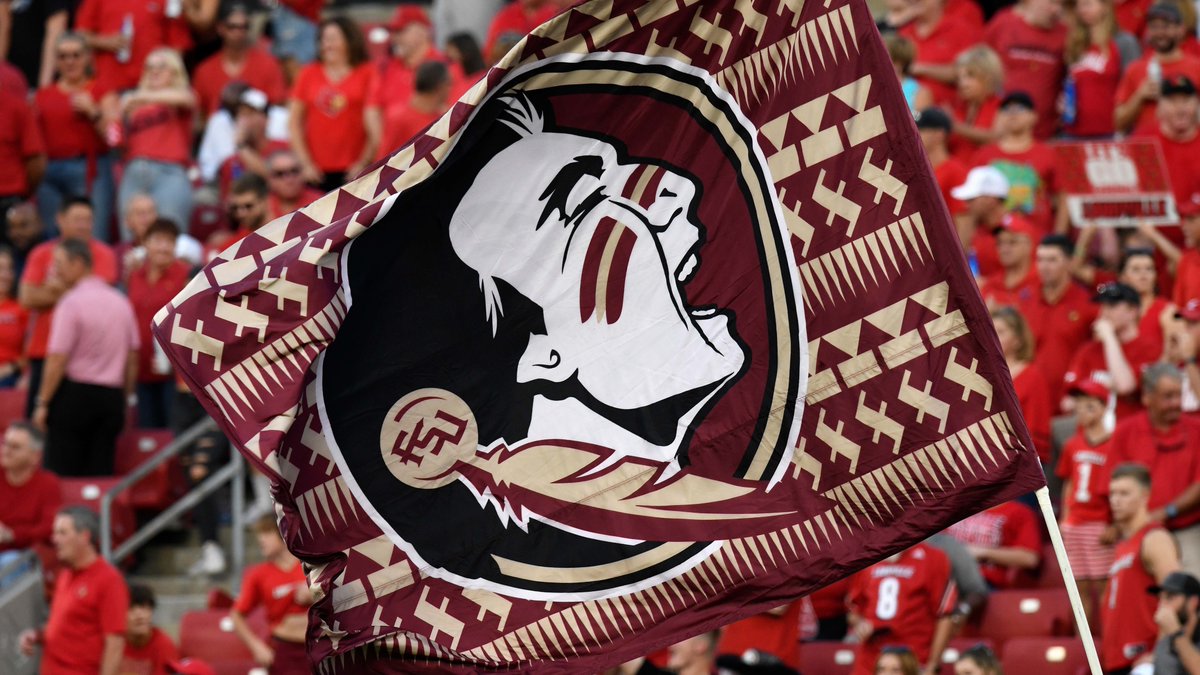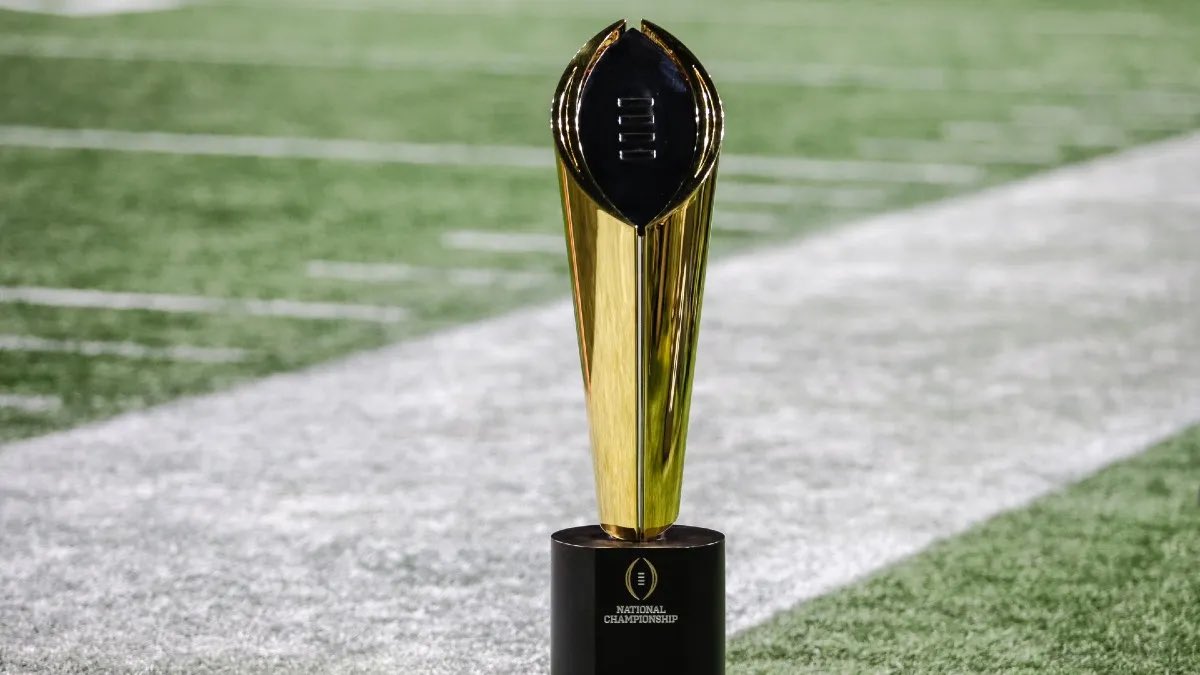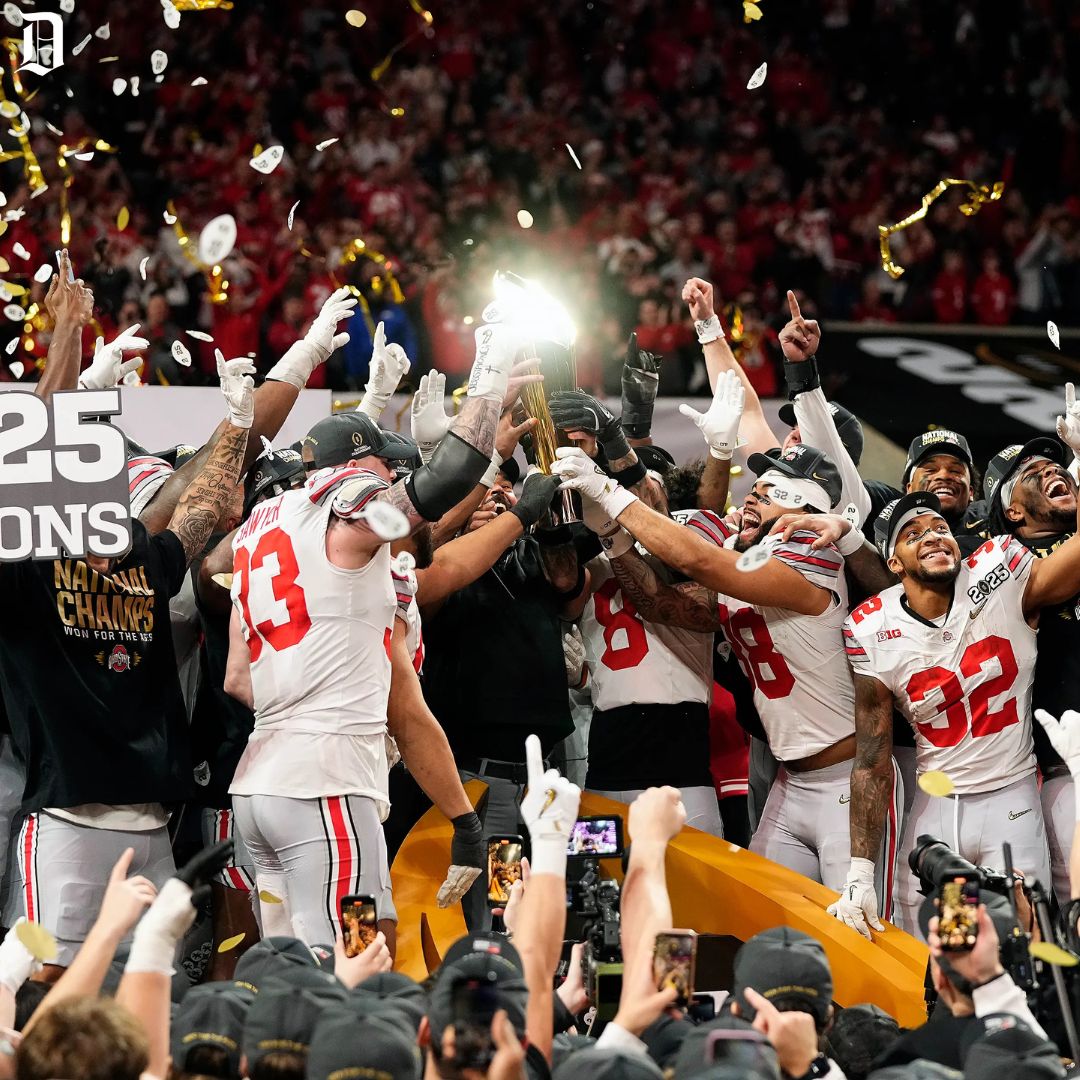Every year, the College Football Playoff (CFP) Selection Committee picks the four best teams in college football to compete in the playoffs based on the number of quality wins, team strength of schedule, record and several other factors. In the history of the CFP, no undefeated Power 5 conference-winning team has ever failed to make the four-team cut.
Leading up to this year’s selection, the Florida State University Seminoles (13–0) won the ACC Championship to secure an undefeated season. At the same time, the powerhouse Alabama Crimson Tide (12–1) triumphed over the Georgia Bulldogs, crowning them as SEC Champions. Despite the superior record and to the shock of many, FSU did not make the committee’s cut. Instead, the Crimson Tide will be moving on to the playoffs.
It was right to leave out Florida State
Despite the Seminoles’ perfect record, Alabama easily beats out FSU as the more skilled team. Alabama boasts higher-quality recruits, a hall-of-fame coach at the helm and many impressive wins throughout the season that outshone FSU’s victories. For example, Alabama’s opponent in the SEC Championship, the Georgia Bulldogs (12–1), were ranked as the top seed for the entire season, had a 30-game winning streak coming into the game and were back-to-back National Champions. Las Vegas, the betting capital of the world, had them as the team to beat and favorites to win again, but Alabama eliminated them from playoff contention with a 27–24 win. Alabama’s only loss came to the hands of the three-seed University of Texas Longhorns (12–1) in the second game of the season.
This year, Alabama had the sixth most challenging strength of schedule, while FSU had the 55th, not playing a top-10 team at all during the regular season. Additionally, the star player and leader of this FSU team, quarterback Jordan Travis, broke his leg in the penultimate game of the year and will not return for the playoffs. Travis was a potential Heisman trophy candidate and was why FSU racked up so many wins. The committee rightfully considered these factors in its decision, and the verdict was to let Alabama in and keep FSU out.
During the selection show on ESPN, CFP Selection Committee chairman Boo Corrigan explained the rationale behind keeping the undefeated Seminoles out of the playoff.
“In the eyes of the committee, Florida State is a different team without Jordan Travis,” Corrigan said “Alabama’s strength of schedule was significantly higher than Florida State’s.”
Critics of the decision claim that FSU should be in the playoffs because they deserve to make it, but the official CFP Selection Committee Protocol instructs the committee to “select the four best teams” and offers a reminder that “nuanced mathematical formulas ignore some teams who ‘deserve’ to be selected.” Although FSU might deserve to make it, it does not mean they are among the four best teams in college football, nullifying that argument
The team selected to play against Alabama is the one-seed University of Michigan Wolverines (13-0), who are currently only one-point favorites against the Crimson Tide. The live reaction of the Michigan team when they found out they had to play Alabama rather than FSU was less than enthusiastic, as everyone in the room knew they had to play the superior opponent.
With a healthier team in stellar form, and wins against imposing opponents, Alabama is surely a better football team than FSU. And in such a competitive and selective environment where only the very best can compete for the National Championship, the decision to include Alabama and exclude FSU is completely warranted.
Florida State deserved to make the playoff
The Florida State Seminoles were brutally snubbed of a spot in the College Football Playoff — a team whose hard work proved fruitless as they were denied a shot at the championship by something entirely out of their control.
The Seminoles started off their season by beating fifth-ranked LSU by 21 points, setting the scene for a dominant season. In the coming games, they swept their ACC opponents — who beat the teams in the SEC with a record of 6–4 — and destroyed the sixteenth-ranked Duke Blue Devils (7–5). FSU also won both of their rivalry games against the University of Florida Gators (5–7) and the University of Miami Hurricanes (7–5). However, Alabama — the team that made it in over FSU in the CFP — barely won their rival matchup against the Auburn Tigers (6–6) with a last-second prayer.
FSU’s major playoff blow came in Week 11 against the FCS opponent North Alabama Lions (3–8). Though the Seminoles won the game 58–13, their season trajectory completely changed when star quarterback Jordan Travis suffered a gruesome leg injury that could alter the path of his football career. FSU overcame the star players’ absence and won their final three games, including the ACC championship against the No. 14 seed Louisville Cardinals (10–3). Alabama, the team that made it over FSU, had an inferior résumé. Alabama had a double-digit loss at home to Texas, a three-point win against a 6–6 Auburn team and another three-point win against a 4–8 Arkansas team. The disregard for FSU’s superior record is a disgrace to everything college football stands for.
Every year, 133 Football Bowl Subdivision (FBS) college teams compete to make their case for the College Football Playoffs; to completely strip FSU of a chance at playing for the National Championship speaks volumes to the priorities of the selection committee and the NCAA. While Alabama-Michigan would make a better matchup for TV ratings and FSU would have a challenging matchup against Michigan without Jordan Travis, this shouldn’t matter in the selection. This decision proved that in a sport in which every single game is supposed to matter, what really matters is how much money and ratings a certain team can pull in for an already multibillion-dollar corporation.
FSU’s Athletic Director Michael Alford’s statement shows the devastation the decision has caused not just for Florida State but for the sport of college football as a whole. “The consequences of giving in to a narrative of the moment are destructive, far-reaching, and permanent. Not just for Florida State, but college football as a whole,” Alford said. “They have abandoned their responsibility by discarding their purpose — to evaluate performance on the field.”
Allowing greed, narratives and ratings to corrupt how we commemorate student-athletes and celebrate those who go above and beyond their peers will forever stain the legacy of the four-team playoff format. If FSU wins against the Georgia Bulldogs in the Orange Bowl on Dec. 30, they have every right to call themselves National Champions this year.



















Jesse • Dec 30, 2023 at 10:53 am
“If FSU wins against the Georgia Bulldogs in the Orange Bowl on Dec. 30, they have every right to call themselves National Champions this year” says it all.
They are 20-point underdogs without Jordan Travis